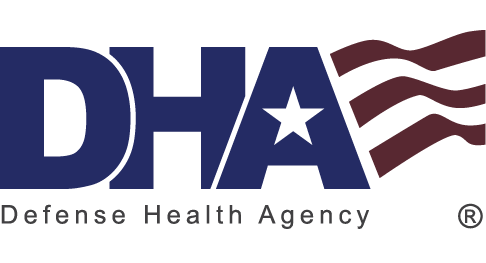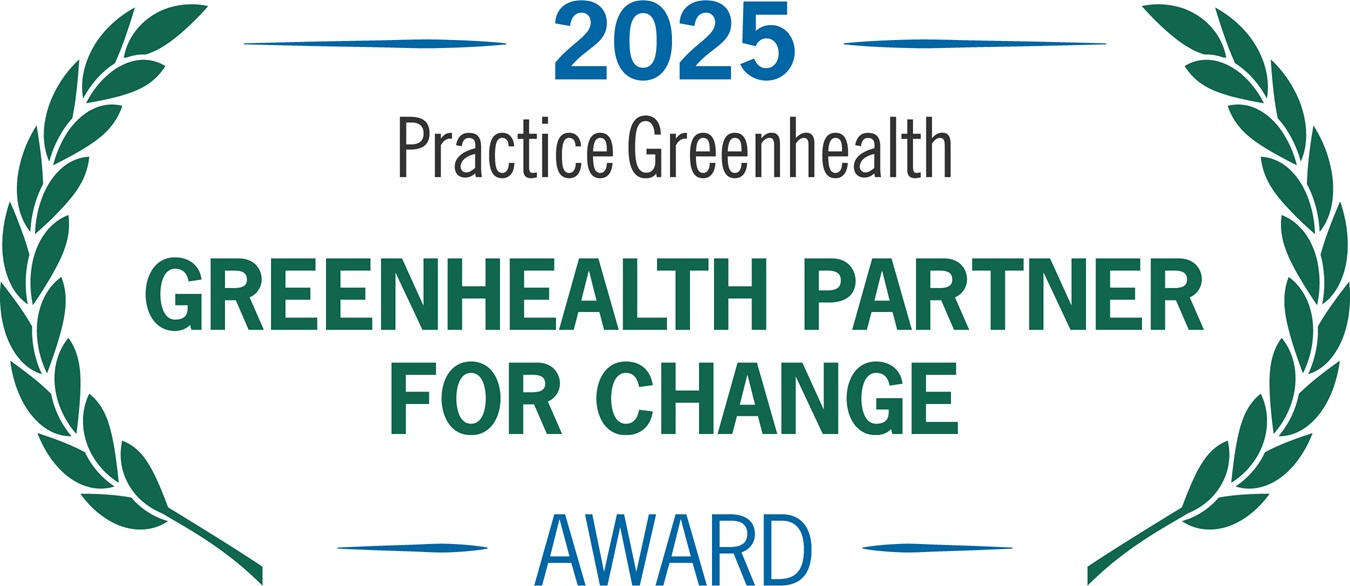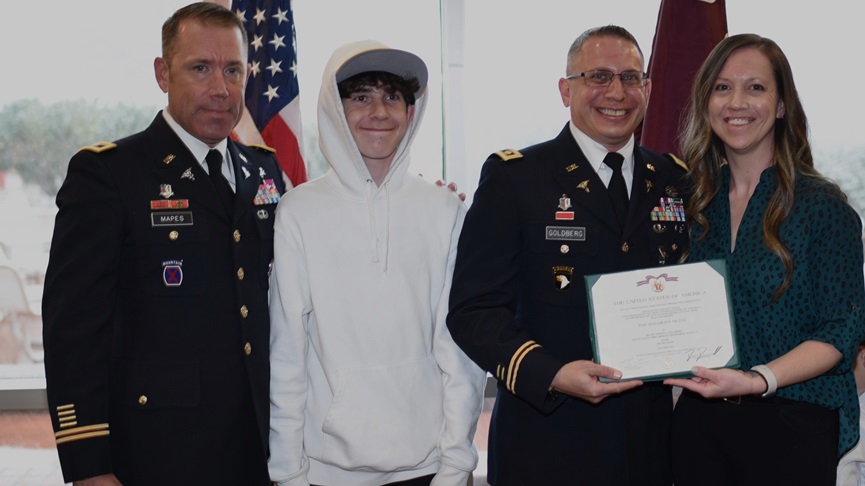Sept. 11, 2025 | By Gino Mattorano, Evans Army Community Hospital
Earning the Expert Field Medical Badge is the utmost challenge to the professional competence and physical endurance of the soldier medic, according to the Army Medical Center of Excellence.
Of the 107 candidates who attempted the grueling week-long test at Fort Carson Aug. 11-15, 2025, only 18 earned the coveted badge.
Staff Sgt. Ezequiel Bravo, a 68W Combat Medic and NCO in charge of the DiRaimondo Support Clinic, not only earned the badge, he completed all 27 tasks error free and had the fastest foot march, earning the title of “Top Doc.”
Best Medic competitors have to pass a written test, a physical fitness assessment, complete a land navigation course, and successfully perform medical evacuations, warrior skills and tactical combat casualty care. The test concludes with a 12-mile foot march carrying a 35-pound rucksack.
Bravo, who has been in the Army for six years, says that this was his second attempt at earning the EFMB. He says the key to his success this time was working closely with other competitors from EACH and being inquisitive.
“Leading up to the competition, we practiced the different lanes together a lot,” Bravo said. “In addition, during the training leading up to evaluation week, I asked the instructors a lot of questions about the training we were doing,” Bravo said. “If you leave at the end of each training day without any other questions, you will be ready for the actual evaluations.”
Bravo says the hardest part of EFMB was the lack of sleep. “There were some days we were finishing at 2 a.m. and then we had to report the next morning at 4:30 a.m.,” Bravo said. “Throughout the competition, you are expected to execute each lane with 100% accuracy and you’re going on very little sleep, which makes it even more difficult.”
This is all part of the EFMB’s goal to simulate the pressure and stress soldiers face during combat operations, according to Bravo. “Having to provide medical care in a stressful environment forces you to rely on the skills you’ve learned as a medic and gives you the confidence to know that in an actual combat environment, you will be better prepared to save lives,” Bravo said.
Bravo says he hopes earning the EFMB helps him in his career goals, which include becoming an 18D, Special Forces Medical Sergeant, and eventually being promoted to sergeant major. Bravo says his next step along that path is attempting the Special Forces Assessment and Selection training at Camp Mackall, N.C. He will start SFAS later this month.
If you love what you do, you’ll never work a day in your life.
“I love being an Army Medic,” Bravo said. “It doesn't really feel like a job. It feels like being part of a team, or maybe more like a family. Every day, I learn something new and it’s all thanks to my battle buddies and the NCOs, officers and civilians I get to work around every day. I’m proud of what I’ve accomplished so far, and I’m looking forward to whatever comes next!”







